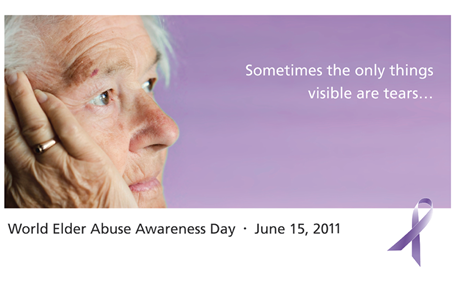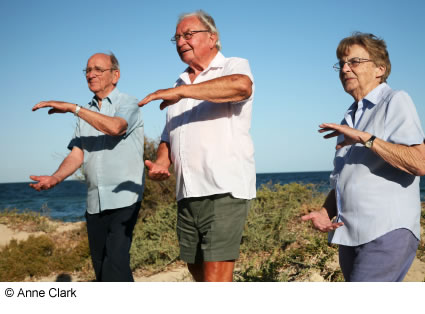In the New York Times Paula Span reviews A Bitter Pill: How the Medical System Is Failing the Elderly : John Sloan M.D.
“We do a rotten job in society, a terrible job, of looking after the frail elderly,” Dr. John Sloan says.
Dr. John Sloan, is a family physician who cares for elderly patients in their homes here in Vancouver, British Columbia.
After consulting with patients and their families, often at length, Dr. Sloan often finds that what works better is to make comfort the top priority. “They don’t want to be physically and mentally miserable,” Dr. Sloan said of his patients. “My answer is to take the emphasis off the high-tech, expensive, futile health care system, and be a little kinder.”
Here is someone who has taken a long hard look at how we should be treating the elderly. Who doesn’t see the sense in intervention when “comfort” and “function” should serve as a priority.
It occurs to me that Dr. Sloan is quite a unique physician, and those in his care are very fortunate. “House calls” are somewhat of a bygone era. Many elderly experiencing emergencies only have the option of trips to an ER dept. At a time of life when the advantage of a family physician or geriatrician who is aware of their history presents great advantages.
For each of us the time will come when we will be faced with such decisions. In our culture, accepting that all interventions to preserve life in the face of preventing death is not easy. We often hold on to just one more procedure or intervention which will save a life.
The ambiguity of aging makes family decisions more difficult. The challenge is how we should be focusing on the needs and comfort of the elder rather than on our own anguish.
This is one book that I am definitely going to add to my bookshelf.
Source: New York Times




